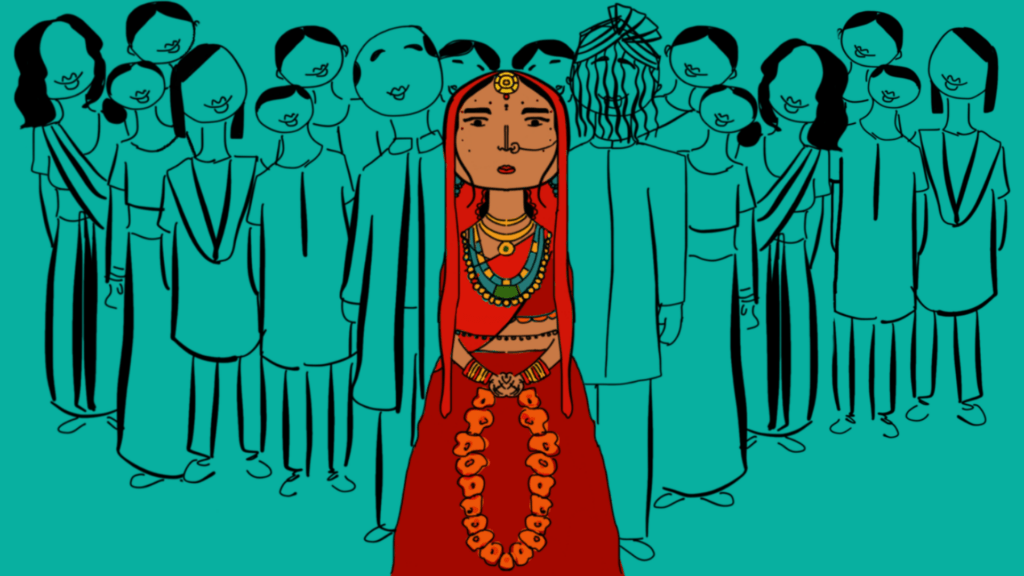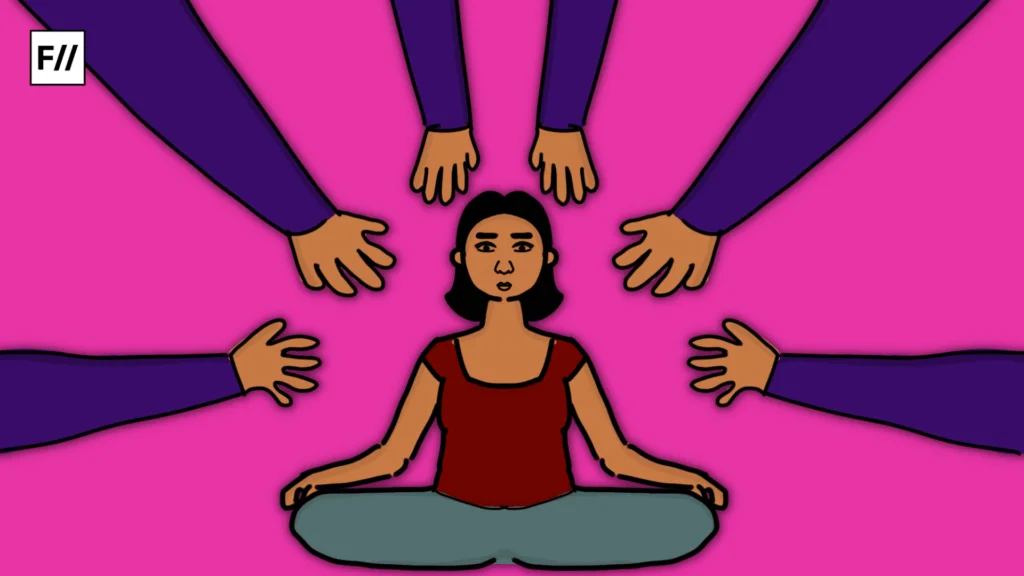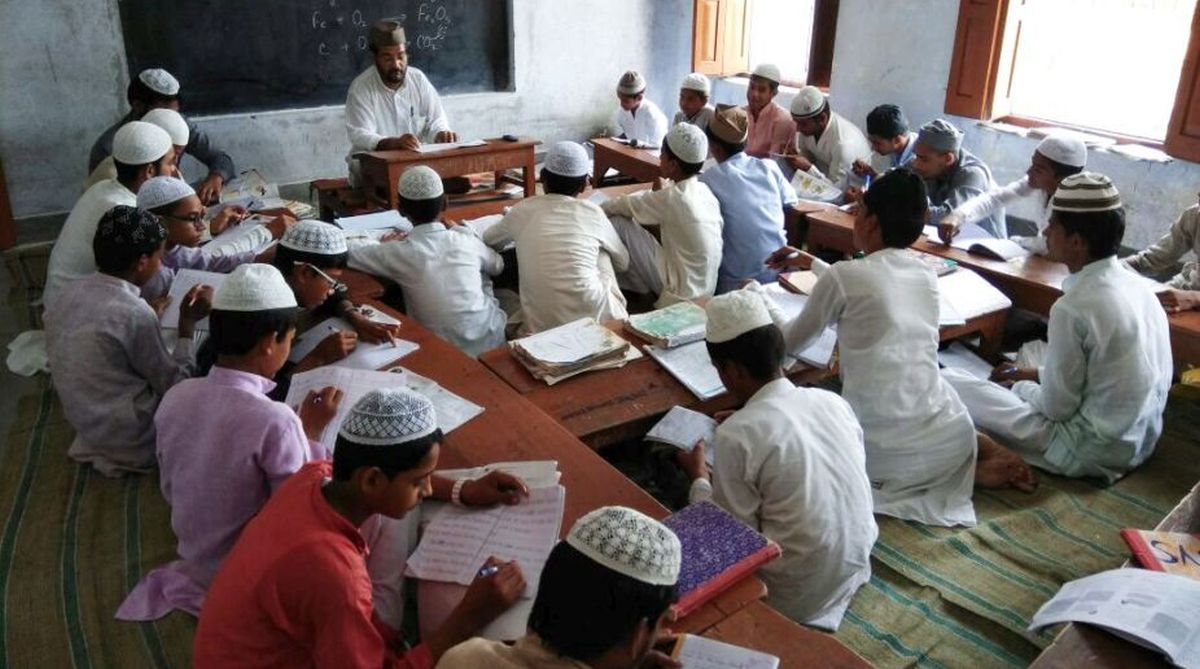In religions like Hinduism and Sikhism, marriage is considered sacrosanct. In others like Islam, it is considered a contract. But one characteristic of this institution pervades the wedlock’s across all religions. That characteristic is blanket consent from the woman’s side. While feminists and allies were already lamenting over the split verdict of the Delhi High Court which yet again fell short of criminalizing marital rape, that is the woman’s blanket consent to be sexually available for the husband, the Aurangabad Bench of the Bombay High Court has put yet another clause in the unwritten long list of blanket consents that a woman is mandatorily supposed to give post marriage. This verdict concerns the woman’s blanket consent to do household chores at her husband’s house.
Notwithstanding the merits of the case, the piece concerns the observations of the Aurangabad bench which are deeply troubling and go a long way in reinforcing gender roles and stereotypes.
In this case, the woman had filed an FIR at the Bhagyanagar Police station complaining that she was treated well by her husband and in laws for a month. Thereafter, they started asking her to do household chores and treated her like a maid. The complaint was filed under section 498A of the IPC which makes cruelty punishable.
Although we have reached moons and Mars, Economists tell us that they cannot include women’s contribution to household chores in the GDP because it cannot be measured. At the same time, the courts tell us that even if the woman is forced to kill her dreams and ambitions and surrender to a lifetime of slavery where she would have no recognition in the economy and no dignity in the domestic sphere, she cannot complain of any harassment whatsoever.
The division bench of Justices, Vibha Kankanwadi and Rajesh Patil, observed that asking a woman to do household chores did not amount to treating her like a maid or a servant. Consequently, it could also not qualify as cruelty . They further stated that if a woman was not desirous of doing household work, she ought to inform the bridegroom regarding the same before marriage so that he can take the decision to go ahead with the marriage based on this information.
These observations bolster the feminist assertion that marriage is nothing but a recruitment of free bonded labor for household work. In a 2018 study conducted by Samita Sen, Anindita Ghosh and their team at Jadavpur University, it was found out that women in 24 parganas had only one criteria that their potential daughter-in-law should be able to do household work. There have been reported instances of married women being sent back to their natal home for them not being strong enough to do household work. In another study by Vikalp and the Tata Institute of Social Sciences, it was found out that a far more number of harder duties were added to the list of duties to be disposed off by women after they got married.

Let alone “house wives”, even women who participate in the labor market outside of the house are expected to do household chores. About 92% of women single-handedly handle child bearing, cooking and cleaning responsibilities. They spend around 352 minutes every day doing these tasks which is approximately 577% times more than the time spent by men while doing household chores.
Although we have reached moons and Mars, Economists tell us that they cannot include women’s contribution to household chores in the GDP because it cannot be measured. At the same time, the courts tell us that even if the woman is forced to kill her dreams and ambitions and surrender to a lifetime of slavery where she would have no recognition in the economy and no dignity in the domestic sphere, she cannot complain of any harassment whatsoever. Such a judgement reinforces the idea that marriage is not a union of two people or a pursuit of sharing one’s life with someone. It is rather a restrictive covenant between parties with unequal bargaining power where one gets to burden the other with domestic responsibilities. In the light of this, such a judgement needs some re-introspection and re-consideration. A woman’s decision to marry does not mean that she has given a blanket consent to abide by all the dictates of her in-laws and bear all the domestic responsibilities. Just like her body, mind and soul, her labour is also not a chattel for the man.





A woman refusing to do household chores is like a man refusing to earn money. Grooms are wanted in matrimonials earning a six figure salary, nice house and car, but that doesn’t come for free. Modern girls behave like entitled princesses.
If a woman doing household chores is cruelty then a man working 8-10 hours a day to earn money is brutality.